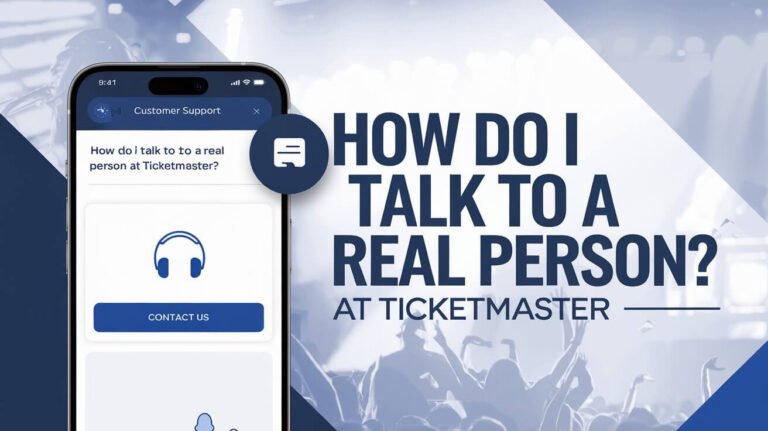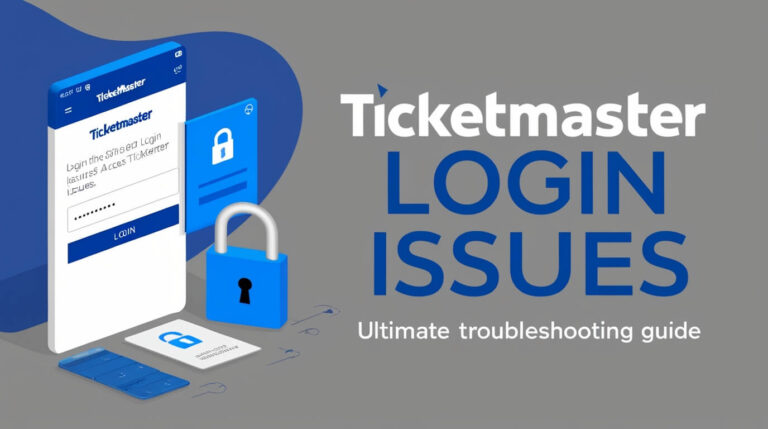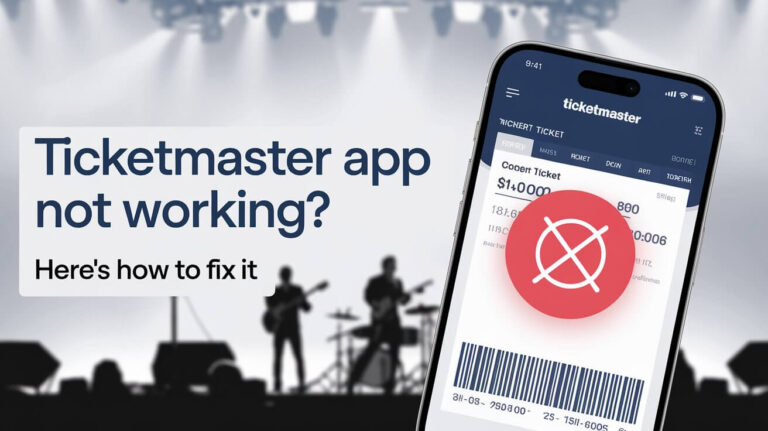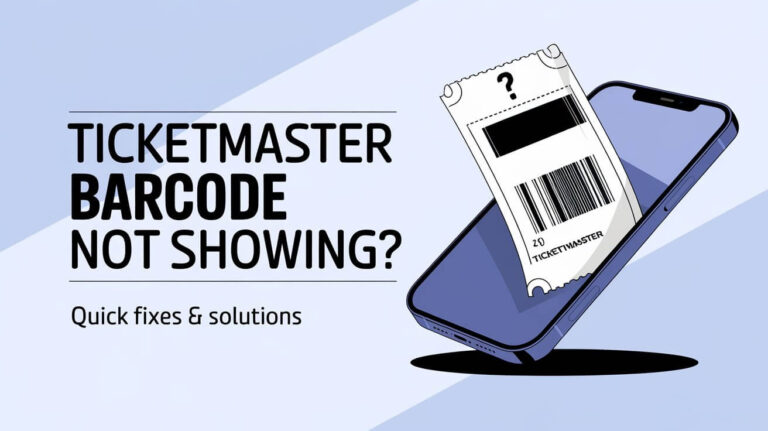Ticketmaster Delayed Transfer: A Complete Fan’s Guide
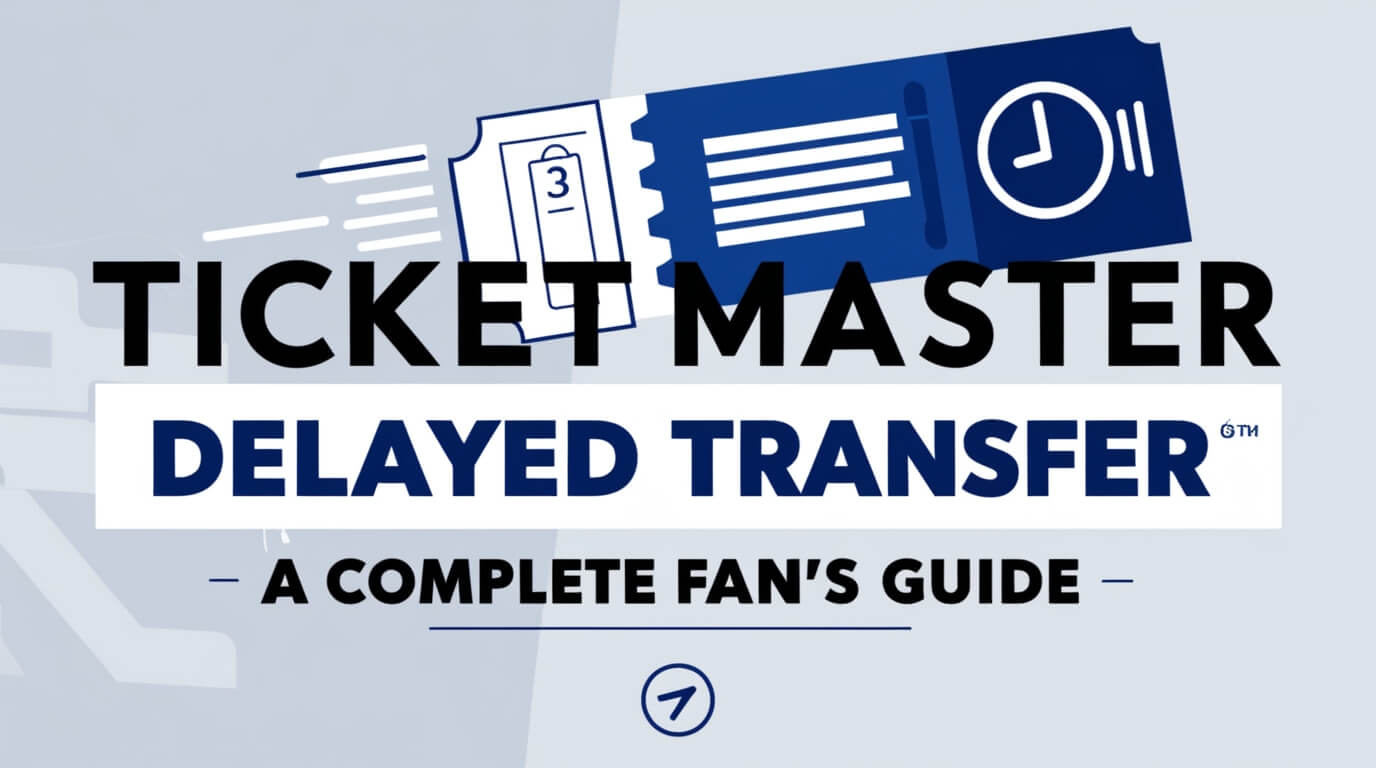
Have you ever tried to buy concert tickets for your friends, only to discover you can’t send them right away? You’re not alone. Ticketmaster’s delayed transfer policy often puzzles ticket buyers, but it’s designed to ensure fair access to popular events. This article will unpack everything about Ticketmaster’s delayed transfer system, from its purpose to how it affects you as a fan.
What is a Ticketmaster Delayed Transfer?
Ticketmaster’s delayed transfer is a temporary hold on ticket transfers after purchase. It means you can’t immediately send or resell your tickets to someone else. This might sound frustrating, but there’s a method to the madness.
Definition and Purpose
A delayed transfer is exactly what it sounds like – a delay in your ability to transfer tickets. Ticketmaster implements this policy to prevent bulk buying and reselling, giving more fans a fair shot at scoring tickets to their favorite shows.
When you buy tickets with a delayed transfer, you’ll see a notice telling you when you can transfer them. This waiting period can last anywhere from a few days to a couple of weeks before the event.
How It Differs from Standard Ticket Transfers
With standard transfers, you can send your tickets to another person right after buying them. But delayed transfers put that on hold for a bit. It’s like putting your tickets in a time-locked safe – they’re yours, but you can’t hand them off just yet.
Why Does Ticketmaster Use Delayed Transfers?
You might wonder why Ticketmaster would make things seemingly more complicated. There are good reasons behind this policy.
Preventing Bulk Purchases and Scalping
Delayed transfers are a powerful tool against scalpers. These folks buy loads of tickets just to resell them at sky-high prices. By delaying transfers, Ticketmaster makes it harder for scalpers to flip tickets quickly.
Ensuring Fair Access to Tickets
Remember that feeling when tickets to your favorite band sold out in seconds? Delayed transfers help combat that. They give more fans a chance to buy tickets at face value, rather than seeing them all snatched up by resellers.
How Delayed Transfer Affects Ticket Buyers
Now, let’s talk about what this means for you, the eager fan just trying to see a show.
Impact on Ticket Availability
Delayed transfers can actually improve your chances of getting tickets. Since scalpers are less likely to buy in bulk, more tickets stay available for real fans like you.
Restrictions on Reselling and Gifting
The downside? You’ll need to wait to transfer tickets to friends or family. If you’re buying for a group, make sure everyone’s on board with the delay before you purchase.
The Delayed Transfer Process Explained
Let’s break down how this process actually works.
When Does the Delay Period Start?
The clock starts ticking as soon as you complete your purchase. Ticketmaster will clearly state the transfer availability date when you buy your tickets.
How Long Do Transfer Delays Typically Last?
Transfer delays can vary widely. Some might last a week, others could stretch until just before the event. It all depends on the specific show and the organizer’s preferences.
Ticketmaster’s Transfer Delay System
Don’t worry – dealing with delayed transfers isn’t as tricky as it might seem.
Checking Transfer Eligibility
To see when you can transfer your tickets:
- Log into your Ticketmaster account
- Find your order
- Look for the transfer availability date
Steps to Transfer Tickets After the Delay Period
Once the delay lifts, transferring is a breeze:
- Select the tickets you want to transfer
- Enter the recipient’s info
- Send them off!
Common Questions About Delayed Transfers
Let’s tackle some questions you might have about this process.
Can I Sell My Tickets During the Delay Period?
Typically, no. The delay applies to both transfers and resales. You’ll need to wait until the delay period ends before listing your tickets for sale.
What Happens if an Event is Rescheduled?
If your event gets rescheduled, your tickets usually remain valid for the new date. The transfer delay might adjust accordingly, so keep an eye on your Ticketmaster account for updates.
Ticketmaster Delayed Transfer vs. Non-Transferable Tickets
It’s important to understand the difference between delayed transfers and non-transferable tickets.
Key Differences
Delayed transfer tickets become transferable after a set period. Non-transferable tickets, on the other hand, can’t be transferred at all – they’re locked to the original buyer.
When Tickets Become Transferable
For delayed transfer tickets, check your Ticketmaster account for the exact date they become transferable. Non-transferable tickets never open up for transfer.
Tips for Buying Tickets with Delayed Transfer
Here’s how to navigate the delayed transfer system like a pro.
Planning Ahead for Group Purchases
If you’re buying for friends, make sure they’re aware of the delay. Consider collecting money upfront to avoid awkward situations later.
Delivery Methods
Delayed transfers apply to mobile tickets and print-at-home options. If you choose mail delivery, the physical tickets arrive after the delay period ends.
Alternatives to Delayed Transfer Tickets
Not a fan of waiting? There are other options.
Fan-to-Fan Ticket Exchanges
Some events offer fan exchanges where you can buy and sell tickets directly with other fans. These often have built-in protections against scalping.
Official Resale Platforms
Ticketmaster and other vendors sometimes offer official resale options. These can be a safer bet than third-party sites.
The Future of Ticket Transfers on Ticketmaster
The ticket-buying landscape is always changing. Here’s what might be coming down the pike.
Evolving Policies and Technologies
Ticketmaster continues to refine its policies to fight scalping. We might see more sophisticated systems in the future, like blockchain-based tickets.
Balancing Fan Access and Event Security
The challenge is making sure real fans get tickets while keeping events secure. Expect to see more innovations aimed at striking this balance.
Conclusion
Ticketmaster’s delayed transfer system might seem like a hassle at first, but it’s designed with fans in mind. By understanding how it works, you can navigate ticket purchases more smoothly and hopefully snag seats to your must-see events. Remember, a little patience goes a long way in the ticket-buying world. Happy concert-going!


